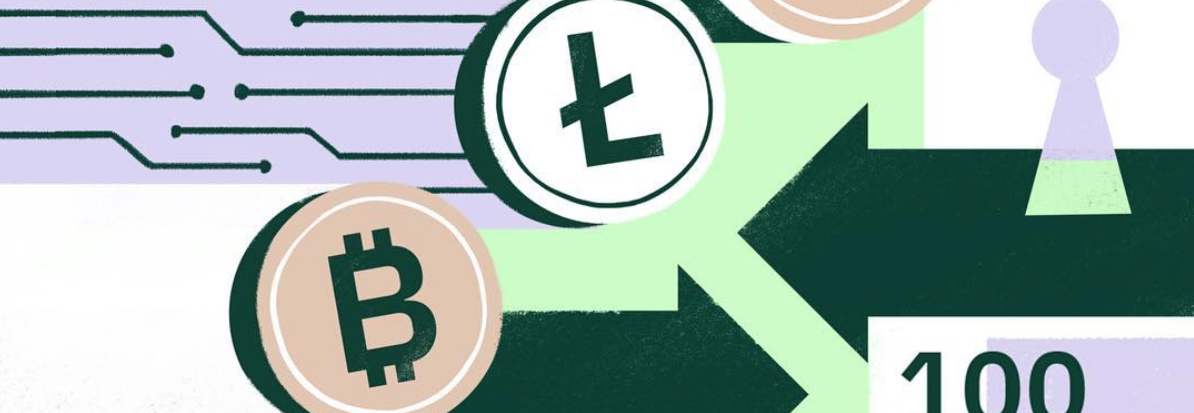
Blockchain, a game changer in retail
DecodingsThe blockchain is rejuvenating the retail sector in the areas of payment, distribution and customer loyalty.
Blockchain is not only on the verge of revolutionizing the luxury industry by re-establishing a trust relationship between brand and customer, but also constitutes a game changer for the retail sector, striving to keep pace with unrelenting consumer demand for new experiences.
An alternative to conventional payment methods
Many other applications have gradually been added to the initial and ongoing function that makes blockchain such a convenient tool, i.e. to enable secure cryptocurrency transactions. Once in possession of a virtual wallet, customers can buy a product by simply scanning its QR code with their smartphone.
In 2014, a few online vendors began to exploit this technology, offering payment by Bitcoin transaction to facilitate purchasing and improve the customer’s path-to-purchase. The first to jump on the bandwagon was Showroomprivé.com (France’s first website allowing brands to sell excess inventory), followed by the U.S. behemoth Amazon and the online travel agency Expedia. Today, more than 100,000 e-commerce businesses have made this type of payment available.
At first, it was only offered by pure players, but physical retailers are now on board as well. In the U.S., the startup Flexa is “a new payments network, built using cryptocurrencies” that, since early 2019, has allowed Whole Foods, Nordstrom, Starbucks and dozens of Amazon-owned businesses to take payment in Bitcoin; the SPEDN app lets cryptocurrency holders pay any of the merchants on the Flexa network instantly.
In France, this phenomenon may be observed in Paris along “Bitcoin Boulevard” (Le Passage du Grand Cerf), where some twenty stores cater to crypto-shoppers.
A less expensive payment method
Besides the experiential aspect of the cryptocurrency transaction, there is the cost factor. An Ethereum transaction only costs $0.2, no matter the amount, whereas MasterCard and American Express charge between 2.6% and 3.5% of the amount.
In this movement to democratize cryptocurrency payment (and reduce transaction costs), startups like TenX and Wirex have launched apps allowing users to connect their digital wallets with a Visa wallet, so they can spend their e-money wherever and whenever they want.
Cover: Wirex – Blockchain



